In discussions centered on weight loss and health, metabolism is often a topic of interest. Your metabolism is responsible for converting the foods and drinks you consume into energy. Having a faster metabolic rate can assist in burning energy more efficiently, potentially leading to healthy weight loss and management. While various foods, drinks, and exercises may aid in improving your metabolism, certain beverages are particularly beneficial due to the nutrients and antioxidants they contain. For example, drinking certain teas may help enhance metabolism and increase your likelihood of losing weight.
It is crucial to note that there are no instant weight loss solutions, such as "belly fat teas," that can melt away body fat on their own. It is essential to avoid such products. However, certain teas, when consumed as part of a balanced and healthy diet, may contain compounds that can aid in supporting weight loss. These common types of tea are approved by dietitians and have beneficial properties.
1) Green Tea
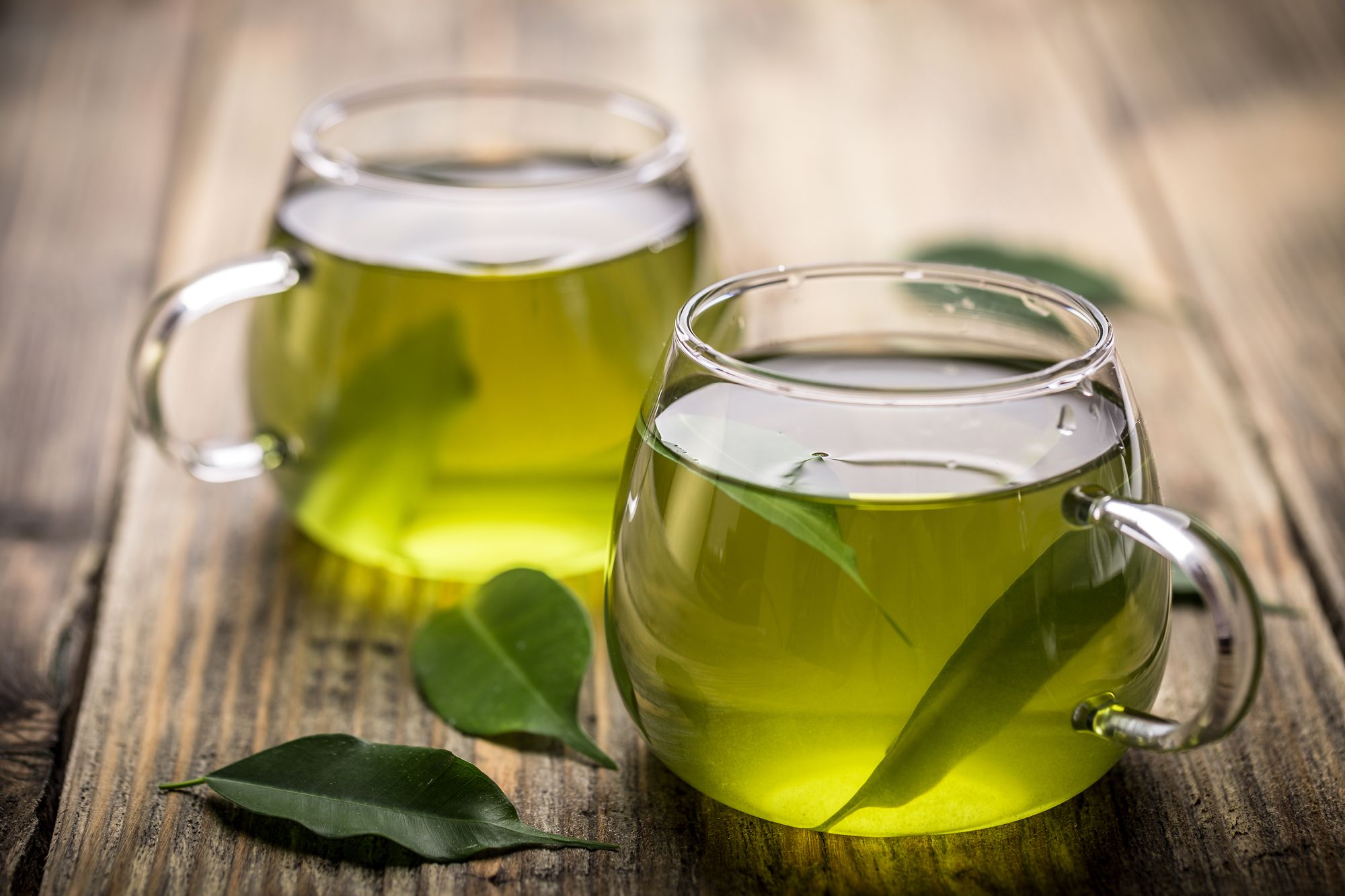
Green tea is a popular drink that provides both a cozy feeling and a caffeine boost. It also contains antioxidants that are known to have weight loss-enhancing effects, making it one of the best teas for metabolism.
According to Vandana Sheth, RDN, CDCES, FAND, and author of My Indian Table: Quick & Tasty Vegetarian Recipes, "Green tea is rich in antioxidants and has been positively associated with fat loss and weight loss. It is loaded with catechins, a type of antioxidant that has been shown to help increase fat burning, especially during exercise." She cites a study in which women who consumed green tea extract for 12 weeks experienced significant weight loss and a reduction in waist size.
It is important to note that the clinical trial referenced by Sheth used highly concentrated green tea extract containing more of the catechin EGCG than a standard cup of green tea, with 865.8 milligrams of EGCG compared to 200-300 milligrams in a regular cup of tea. However, additional studies have shown that EGCG is linked to an increase in metabolism. Though it may take three cups of tea to achieve the same level of antioxidants found in the clinical trial, a single glass of green tea still provides a health boost.
2) White Tea
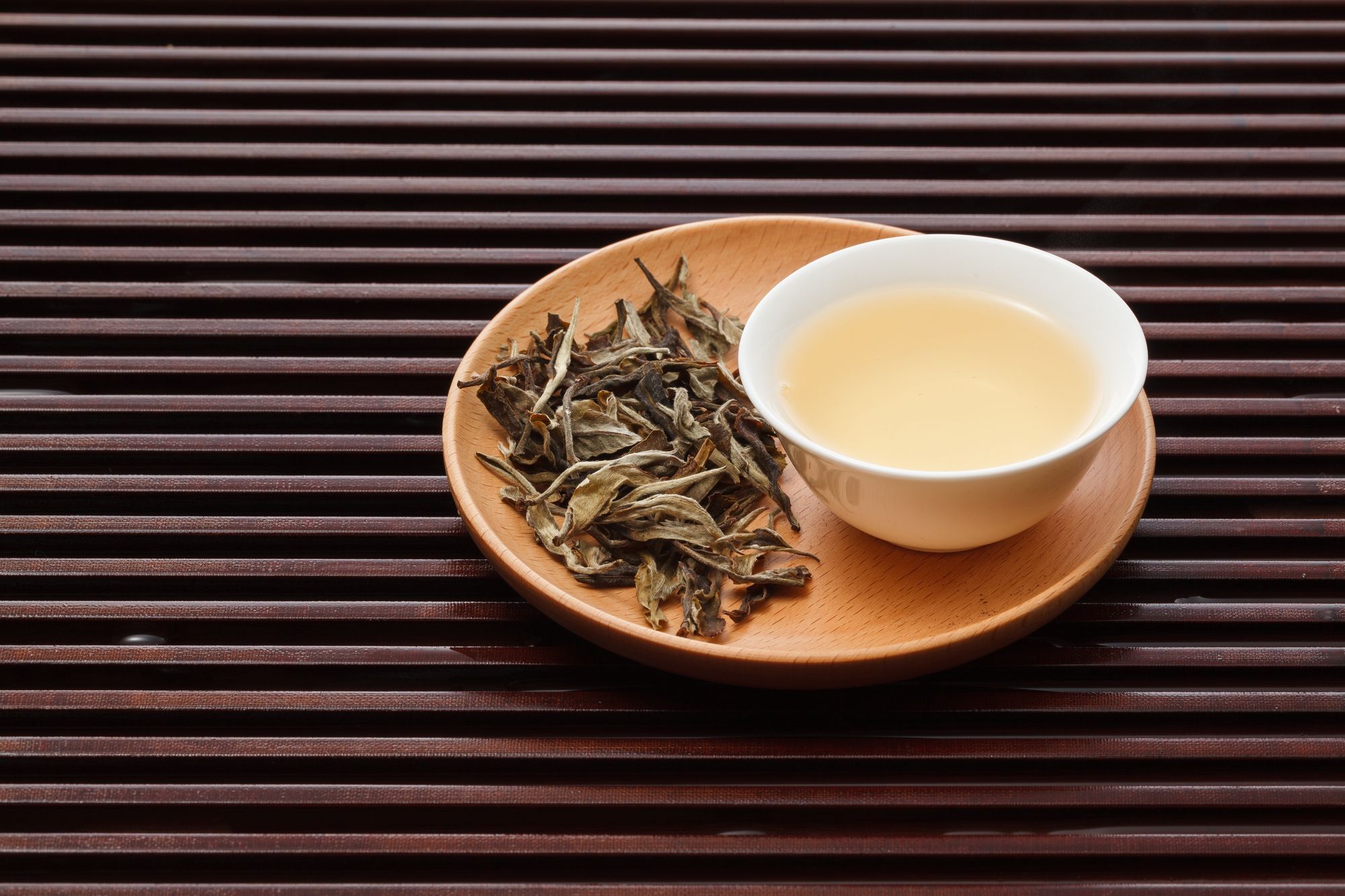
If you're a fan of teas such as silver needle, white peony, or longevity eyebrow tea, you've likely tasted white tea. This type of tea is derived from the same plant family as green and black teas but is younger and made from unopened buds. White tea contains a small amount of caffeine and several beneficial antioxidants.
According to a review published in the International Journal of Obesity, white tea has the potential to increase metabolism by 4-5%, resulting in an additional burn of 300-400 kilojoules or approximately 70-95 calories per serving. While this may appear insignificant, it can add up to considerable calorie loss over time.
Additionally, white tea contains EGCG, a metabolism-boosting compound commonly found in green tea. A study published in Nutrition & Metabolism discovered that an EGCG-containing white tea extract was able to impede the creation of new human fat cells. This finding indicates that white tea not only promotes weight loss but also serves as a preventive measure against weight gain.
3) Ginger Tea
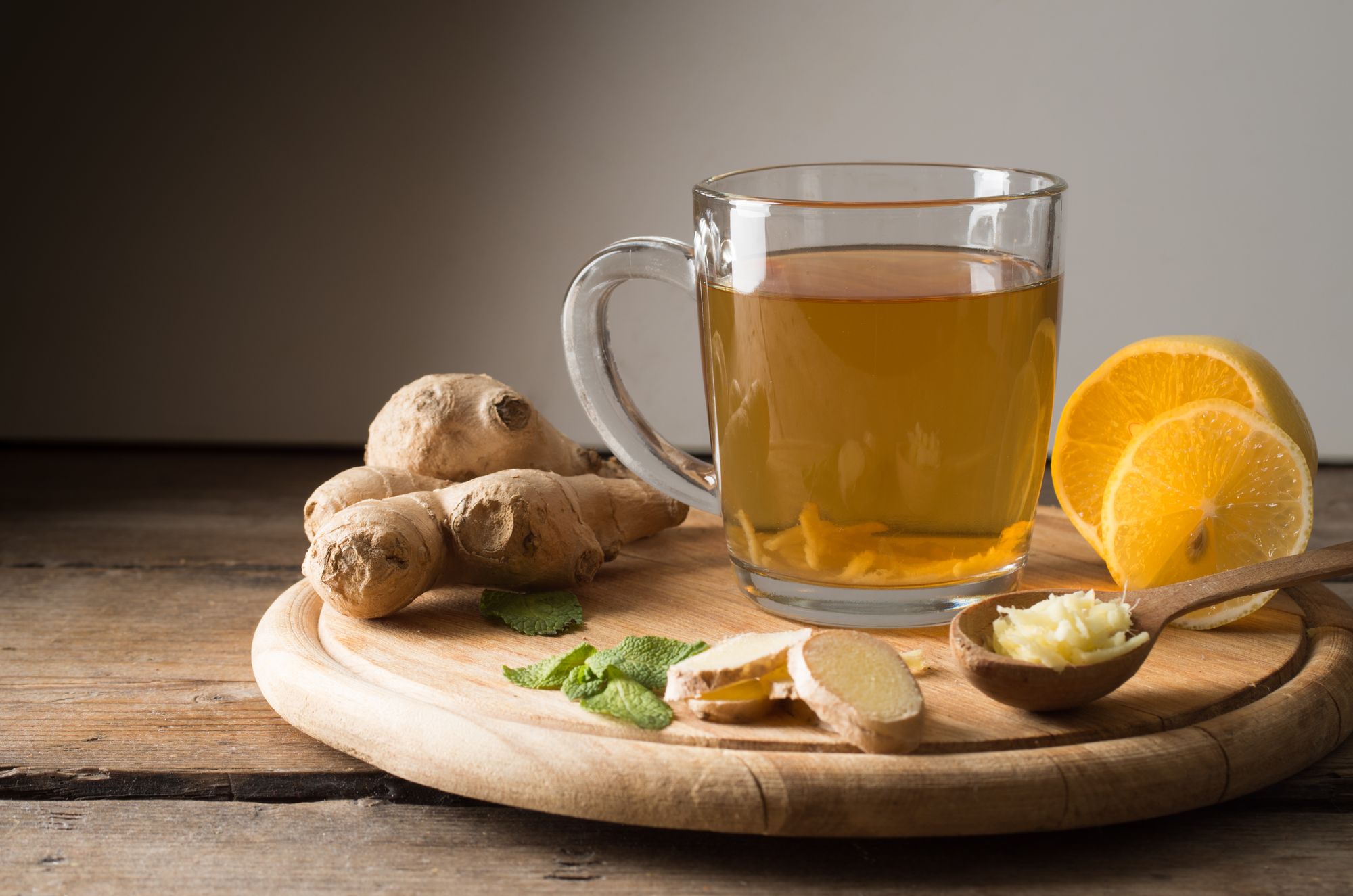
Ginger tea offers numerous health benefits. Ginger, a spice known to relieve nausea, pain, and manage blood pressure and coronary heart disease, is also linked to weight loss.
"Ginger has a unique impact on weight loss due to its gingerols and shogaols compounds, which have an antioxidant effect that reduces free radical damage in the body," explains Trista Best, MPH, RD, LD, a registered dietitian at Balance One Supplements. "This damage leads to increased oxidative stress, which can cause and exacerbate obesity while also reducing metabolism and energy levels."
Ginger tea is an excellent way to incorporate ginger into your diet, as it offers a convenient and refreshing option.
4) Black Tea
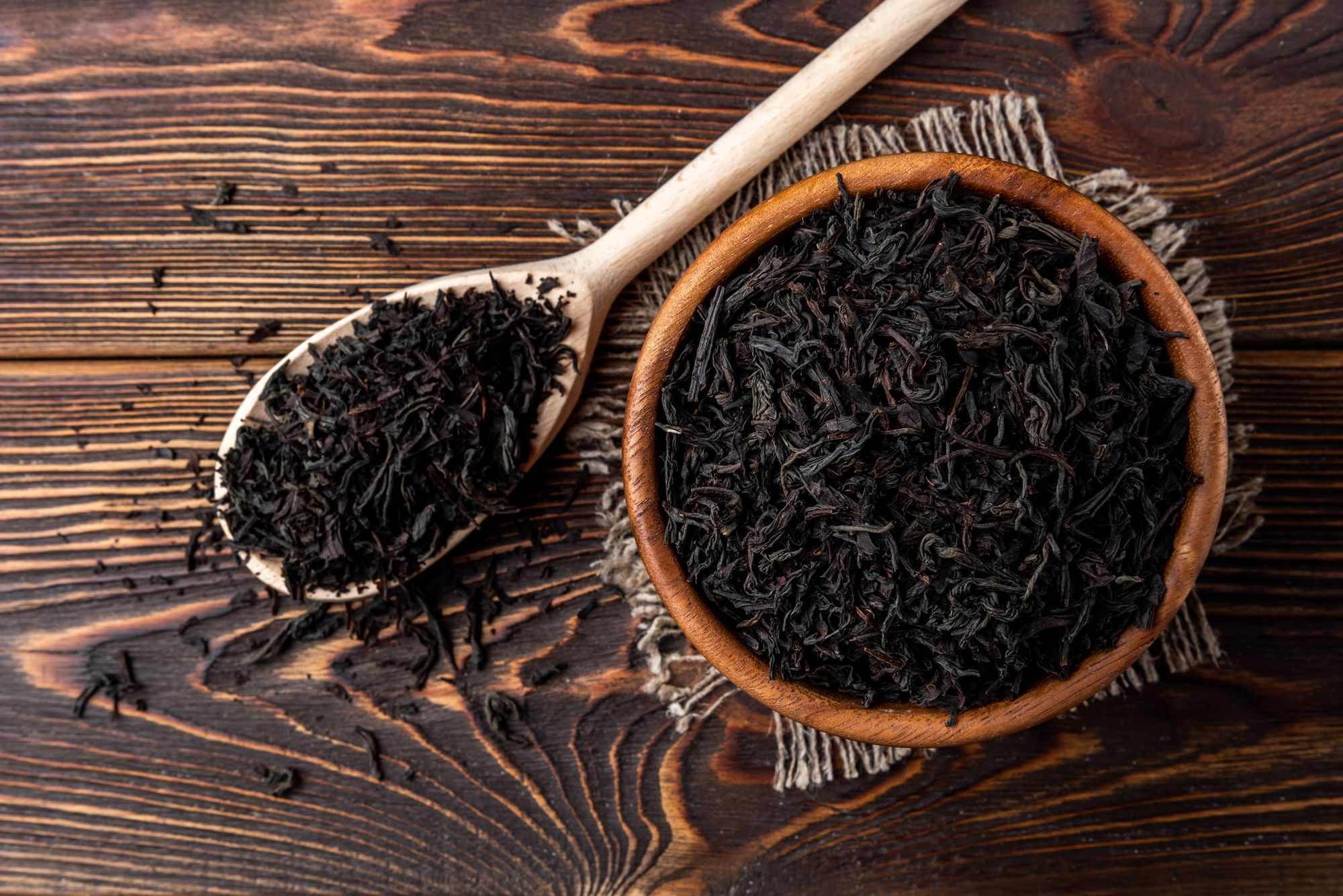
Black tea is a widely enjoyed classic drink with Chinese origins. Some individuals who do not prefer coffee consume black tea as it contains a decent amount of caffeine, approximately 48 milligrams per cup compared to coffee's average of 95 milligrams. Along with providing an energy boost, black tea is packed with nutrients, making it one of the best teas for metabolism.
According to Nataly Komova, RD, a registered dietitian and fitness expert for Just CBD, "This tea is rich in flavones, which are proven to increase metabolism and support weight loss by facilitating the burning of excess calories or fat in the body. The caffeine content in black tea can also enhance metabolism, particularly when consumed in the morning, and aid in regulating total BMI."
5) Matcha Tea
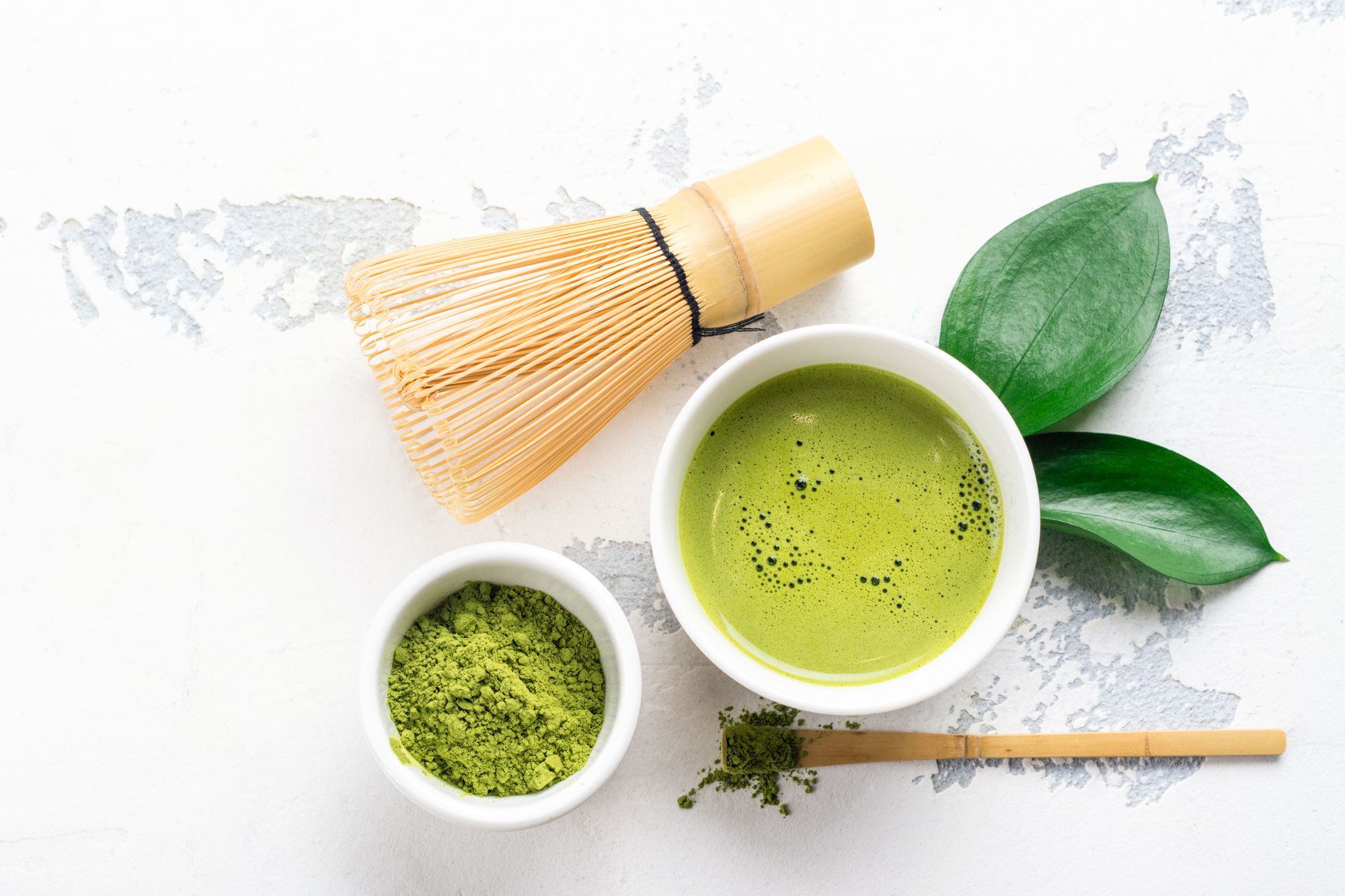
Matcha, a popular type of green tea, is an excellent choice for a healthy and caffeinated beverage. This tea is known for its numerous health benefits and is a great addition to your diet.
"Matcha is a high-quality Japanese tea that is rich in caffeine, antioxidants, and anti-inflammatory properties," says Komova. "Drinking a cup of matcha tea before a workout has been shown to increase metabolism and promote fat oxidation, which can facilitate weight loss. A higher rate of fat oxidation indicates a faster pace at which the body uses or burns body fat."
A study published in Human Kinetics Journal found that these fat oxidation benefits were increased when matcha was consumed along with a brisk, 30-minute walk.
6) Oolong Tea
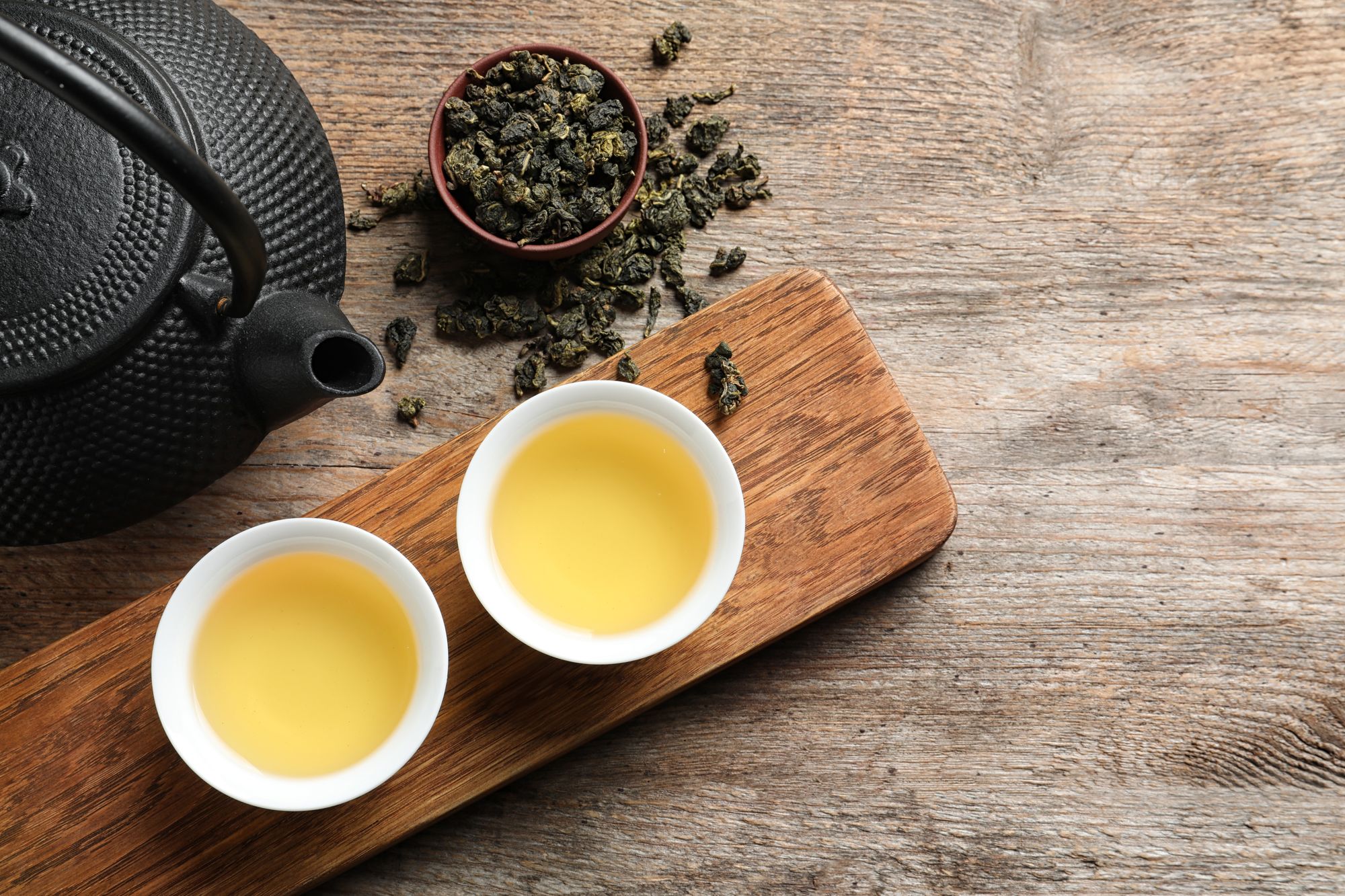
If you're not fond of black or green tea, oolong tea is an excellent alternative that provides beneficial antioxidants that may assist in weight loss.
"Oolong tea has been linked to promoting weight loss by improving how our body metabolizes fat," explains Sheth. "In a six-week study, overweight and obese participants who consumed 8 grams of oolong tea daily experienced weight loss of more than two pounds, with over 64-66% of participants achieving this result."
This research found that the catechins present in oolong tea may aid in weight loss by enhancing lipid metabolism and may even help prevent obesity when consumed regularly.

